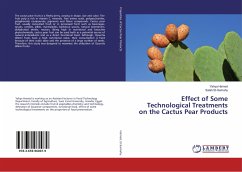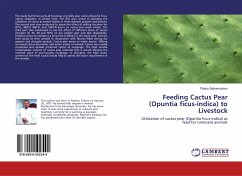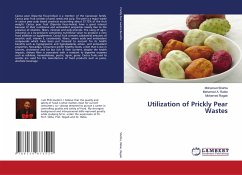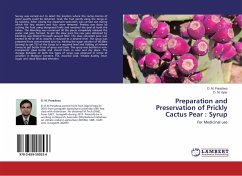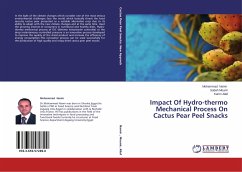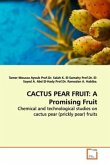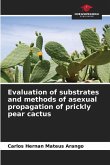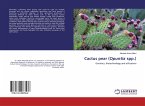The cactus pear fruits is a fleshy berry, varying in shape, size and color. The fruit pulp is rich in vitamin C, minerals, free amino acids, polysaccharides, polyphenolic compounds, pigments and flavor compounds. Cactus pear fruit, usually consumed fresh or in processed form such as beverages, syrups, candies, jellies, marmalades, barbecue sauces, natural sweeteners, dehydrated sheets, nectars. Being high in nutritional and bioactive phytochemicals, cactus pear fruit can be used both as a potential source of natural antioxidants and as a direct functional food. Although, Opuntia dillenii fruits have a high nutritional value, their consumption is hard because of their acidic taste and the presence of a large number of seeds. Therefore, this study was designed to maximize the utilization of Opuntia dillenii fruits.

